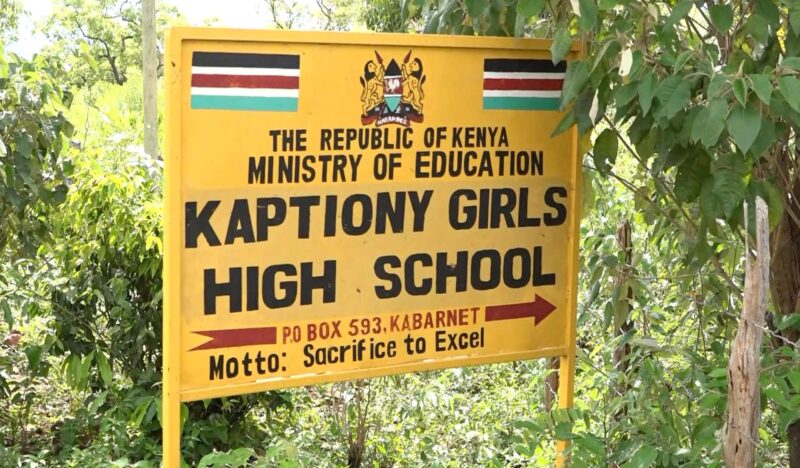Former senior Economic Adviser to the President, Moses Kuria, has thrown his weight behind the Ministry of Education’s ongoing audit of school enrolment, describing it as a crucial step in safeguarding taxpayers’ money.
Kuria alleged that Kenya has been losing nearly Sh12 billion annually to fraudulent claims from ghost schools and fictitious students. He noted that the education sector commands a budget of around Sh700 billion, with Sh120 billion allocated for capitation, but up to 10 percent of the funds have been siphoned off due to falsified data.
“I strongly support the Ministry’s new policy. The principle is simple: no verification, no capitation. This reform will ensure that every shilling reaches real learners in real schools,” Kuria stated.
The Ministry has launched a nationwide verification exercise, compelling schools to resubmit accurate enrolment data before receiving funding. According to Basic Education Principal Secretary (PS) Julius Bitok, 32,000 public institutions—representing 98 percent of all schools—have already complied.
However, he revealed that only 3,000 schools have so far received third-term funding, as verification is still ongoing. “So far, only institutions that have confirmed accurate student numbers and details have received their allocations. We expect all 32,000 schools to get their funds by the end of next week,” Bitok said while monitoring the process in Machakos.
To qualify for funding, schools must provide each learner’s Unique Personal Identifier (UPI), as reflected in birth certificates, alongside official registration numbers and certified bank account details. The exercise is being coordinated through sub-county education offices.
Bitok defended the tough measures, arguing that past audits exposed glaring weaknesses in the system that led to massive financial losses. “This is about accountability to the Kenyan child and the nation. We cannot allow ghost schools to drain public resources anymore,” he remarked.
He acknowledged that secondary schools have shown the highest compliance rates, while junior schools are catching up. Primary schools, however, have faced setbacks, particularly due to internet connectivity challenges.
Citing Masii Boys High School in Machakos as an example, Bitok said early compliance had already ensured smooth funding for the institution. He further announced that the deadline for data submission has been extended to September 12, 2025, to give schools more time.
The PS warned that school heads and county officials who fail to comply will face severe consequences. “We are determined to protect the rights of learners and the integrity of taxpayers’ money,” he concluded.





